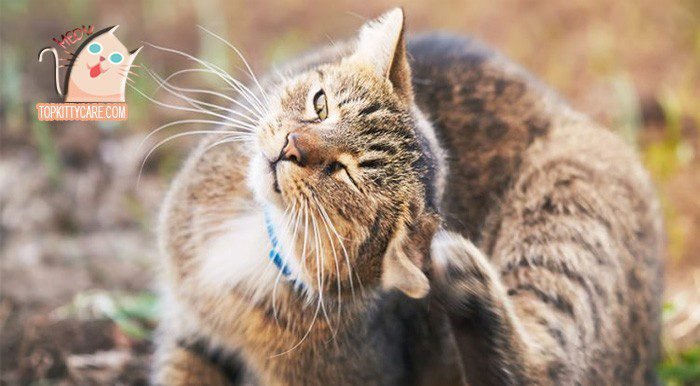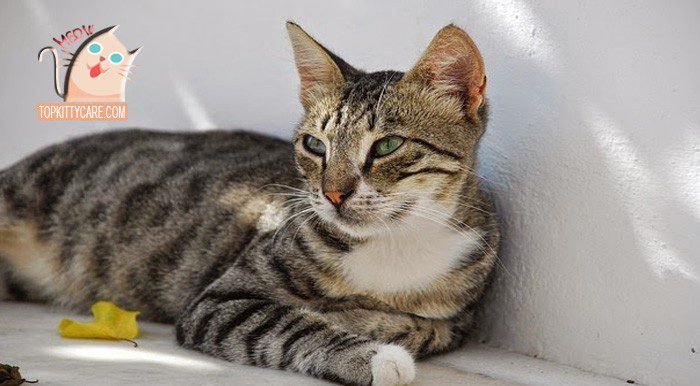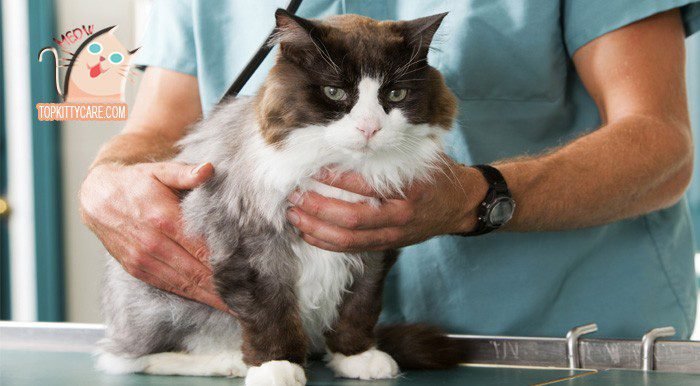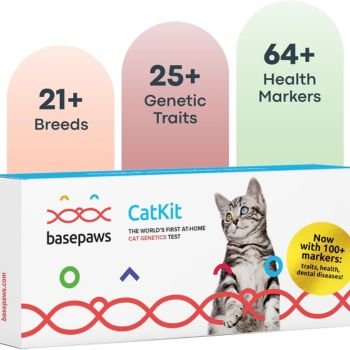No one wants to see their cat get sick, but however, it does happen. Those moments when our cats are ill are some of the most unsettling times we will ever go through as pet owners. A large portion of the diseases experienced by cats is of bacterial origin. Normally, the immune system of the cats is supposed to ward off bacterial infection, but sometimes for varying reasons, the immune system is weak to such threats.
A bacterial infection is essentially the invasion and proliferation of disease-causing bacteria within an organism body. The bacteria get into the host’s body, feeds on the host’s nutrients and then multiplies.
Although most bacterial infections aren’t overly serious, if left untreated, the consequences could be dire.
TYPES OF BACTERIAL INFECTIONS
Not all bacteria are harmful, some are even necessary for helping the digestive process in cats. However, there are also bacteria that are pathogenic (capable of causing disease) to cats and will cause infections. Some common bacteria that can lead to infections in cats include
- Salmonella; the Salmonella bacteria is responsible for a lot of illnesses in cats, most especially infections related to the intestinal tract.
- Staphylococcus; like most bacteria, this type is opportunistic in nature. It will cause infections in cats when the immune system isn’t at peak performance. Staph infections usually affect the skins of cats.
- Campylobacter; causes intestinal diseases that can lead to stomach pain and diarrhea in cats.
- Clostridium; causes spontaneous diarrhea in cats.
>> Read more: Causes And Treatment Of Diarrhea In Dogs At Home

Other disease-causing bacteria in cats include Escherichia, Toxoplasmosis, Actinomyces, spirochete, Fusobacterium, Chlamydophila, Bordetella, etc.
CAUSES OF BACTERIA INFECTIONS IN CATS
Bacteria are very much present on the skin and also within the bodies of cats, but what makes them lethal is that they attack when there is an opportunity when the cat’s immune system lacks major antibodies or is defective.
One of the things that cause a weakened immune system in cats is a poor diet. When a cat doesn’t get the nutrients required to form strong and potent antibodies, it can easily fall prey to bacterial infections. Another factor is age, very young and very old cats are more likely to be affected because their immune systems haven’t developed yet (in the case of young cats) or have grown weak over time (old cats).

Other factors that cause bacterial infections include a pre-existing illness, exposure to other affected animals and transmission through air, water or food.
SYMPTOMS OF BACTERIAL INFECTIONS IN CATS
How a bacterial infection announces its presence has a lot to do with the infection itself. It also depends on the health status of the cat, the affected organs and body parts and also how severe and mature the infection is. Here are some symptoms to look out for as regards bacterial infections in cats.
- Diarrhea.
- Vomiting.
- Nausea.
- Lack of appetite.
- Indigestion.
- Skin abscesses.
- Coughing.
- Running nose
- Red and running eyes.
- Wounds and Lesions.
- Redness and inflammation of the skin.
- Open wounds with pus oozing out.
- Stomach pain.
- The presence of multiple infections including respiratory, urinary, and digestive tract infections.
However, it is important to note that the presence of any one of these symptoms doesn’t mean that your cat is suffering from a bacterial infection. It could be something worse or hopefully less serious. It is always best to consult a veterinary doctor before making any assumptions.
>> Read more: Instructions On How To Cool Cats Down In The Hot Summer
DIAGNOSIS OF BACTERIAL INFECTIONS IN CATS

In determining which bacterial infection, a cat is suffering from, a veterinary doctor will first consider the symptoms currently being exhibited and the medical history of the cat. A thorough physical examination is also required, especially in the case of skin infections.
Other additional tests including blood tests, sensitivity tests, skin biopsies, and cultures are done so that are more accurate diagnosis can be made.
Your input will also be required, you may need to supply details on the behavioral patterns, eating habits, previous injuries of your cat and also useful information about fights your cat may have had with other animals.
TREATMENT OF BACTERIAL INFECTIONS IN CATS
After diagnosing which bacterial infection the cat may be suffering from, the vet doctor will prescribe treatment to clear the bacteria.
Most bacterial infection treatments involve the use of antibiotics. Antibiotics help to destroy and stop the production of new bacteria cells. Depending on the infection and its severity, the veterinarian will prescribe an antibiotic and a specified dosage. Strict adherence to the doctor’s guidelines is important, the dosage has to be completed no matter how long it takes. If the prescribed dosage isn’t completed and the bacteria isn’t entirely eradicated, the infection can come back in a more fierce and resistant form.
Sometimes cats can be very tricky and would hold the drugs in their mouth only to later spit it out. So, it’s also important that the owners make sure that the cats swallow the drugs. To make the cat more compliant and receptive, the pills can be hidden within the cat’s food.
- If you are interested in turmeric, then you can refer to the many benefits and uses of turmeric here.
For skin bacterial infections, anti-bacterial ointments and shampoos are used to reduce inflammation and relieve itching. For fevers and body pain, pain relievers and fever drugs are administered.

There are some occasions where surgery is necessary, especially if the infection is caused by anaerobic bacteria. Infections in the uterus, inside the bone or within the muscles will have to be exposed to oxygen, cleaned and drained of any harmful liquid.
RECOVERY
Close attention has to be paid to the cat during the recovery phase. A healthy diet will go a long to speed up the recovery process. If open wounds are involved, be sure to clean and dress them regularly. Prevent the cat from going outdoors if you have to, so they don’t contact another infection.
Make sure the cat receives the right dosage of antibiotics. Sometimes, it may be required to visit the doctor for follow-up appointments. And should any changes occur during the recovery stage, be sure to notify the veterinarian.
There you have it guys, it is important that we keep our pets safe from infections especially bacterial infections. Losing a pet isn’t fun.




